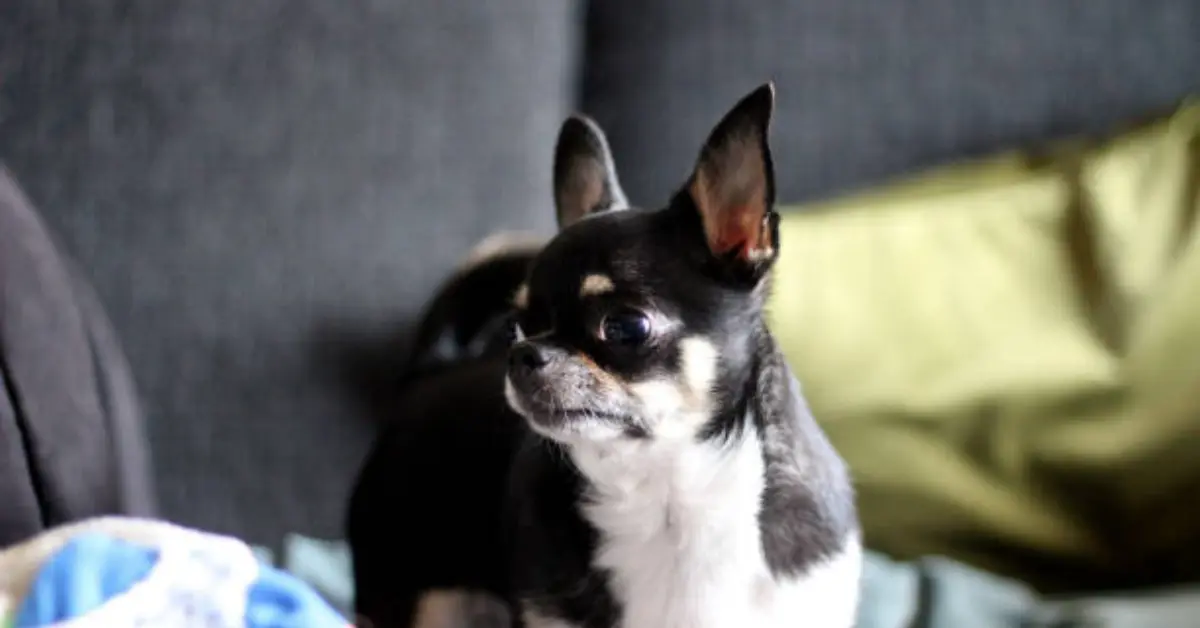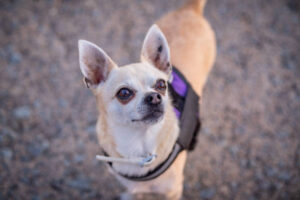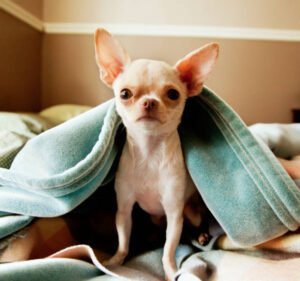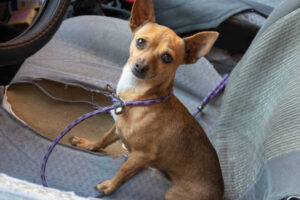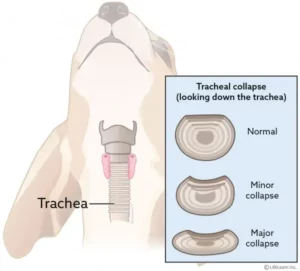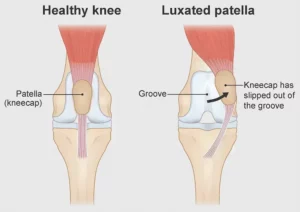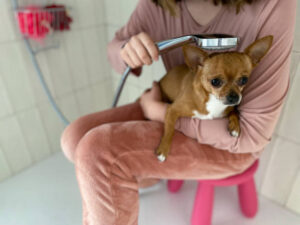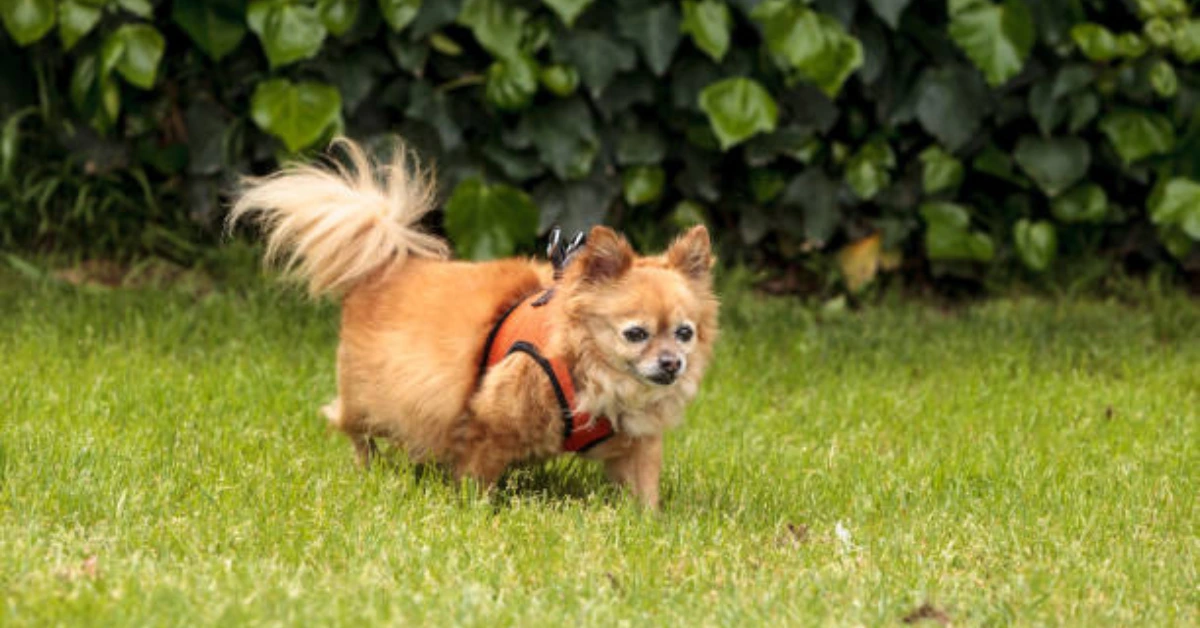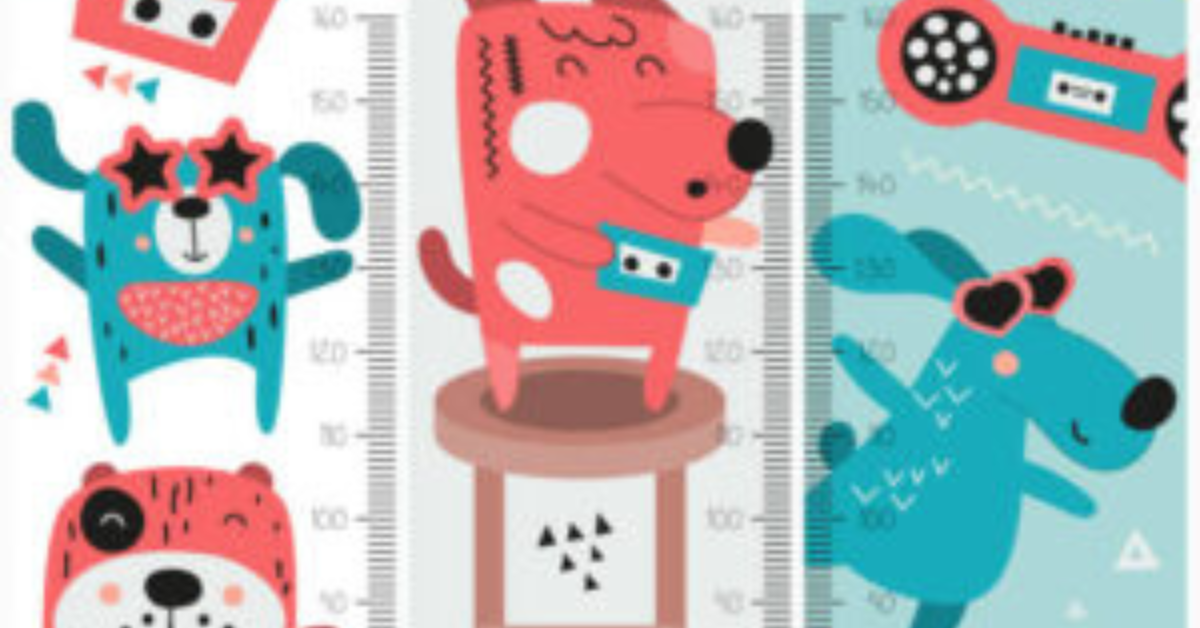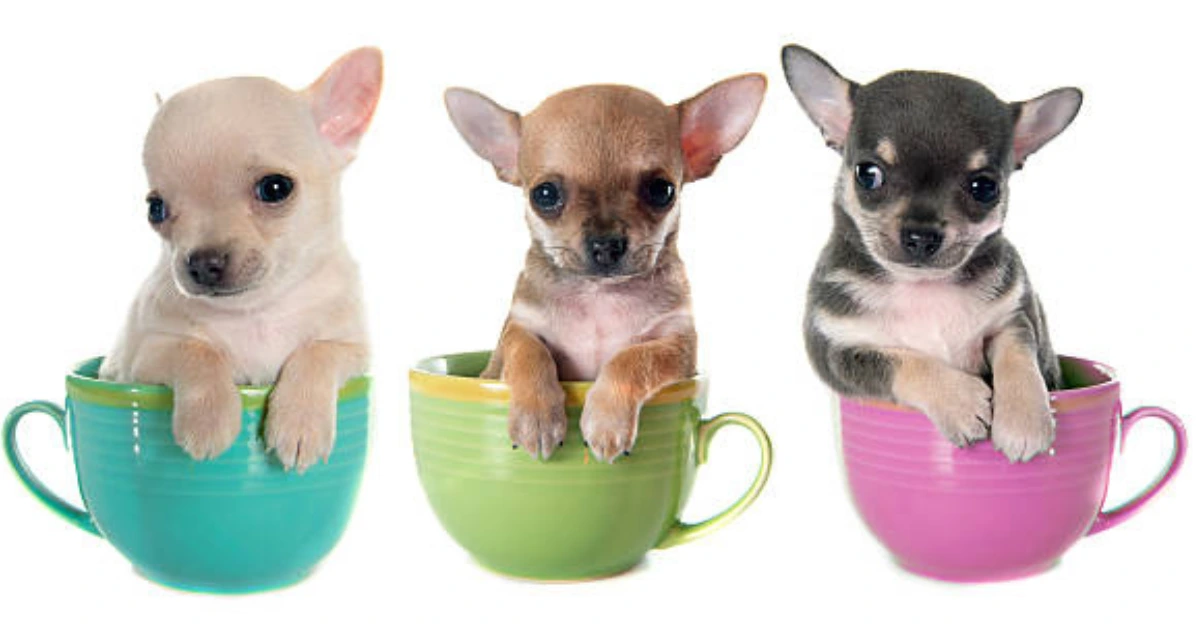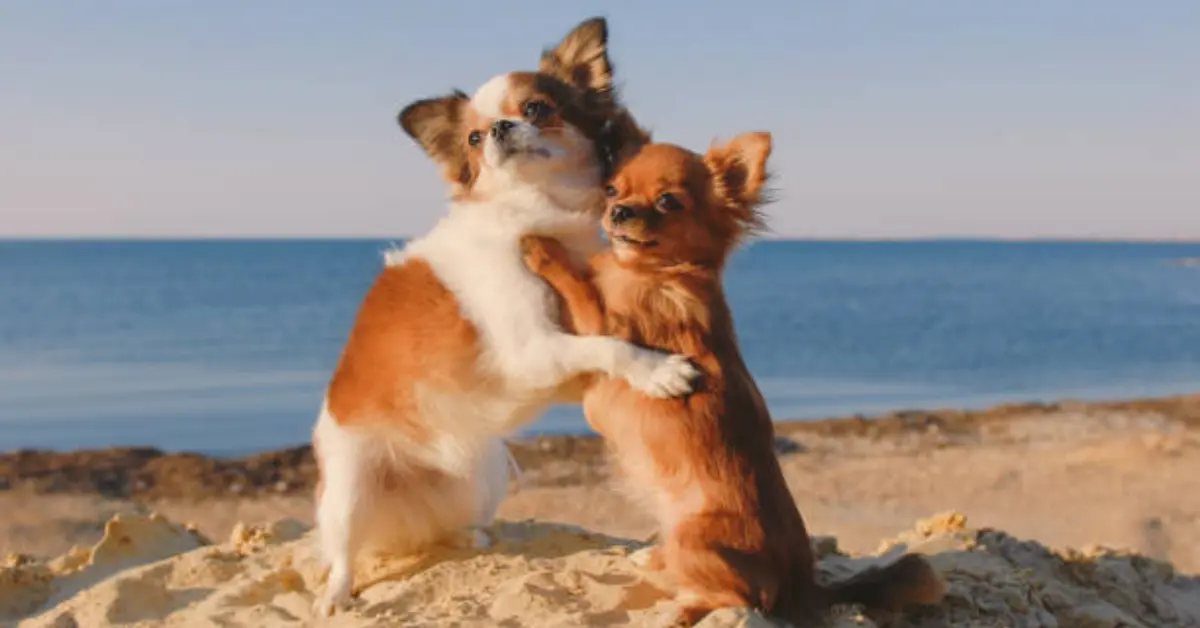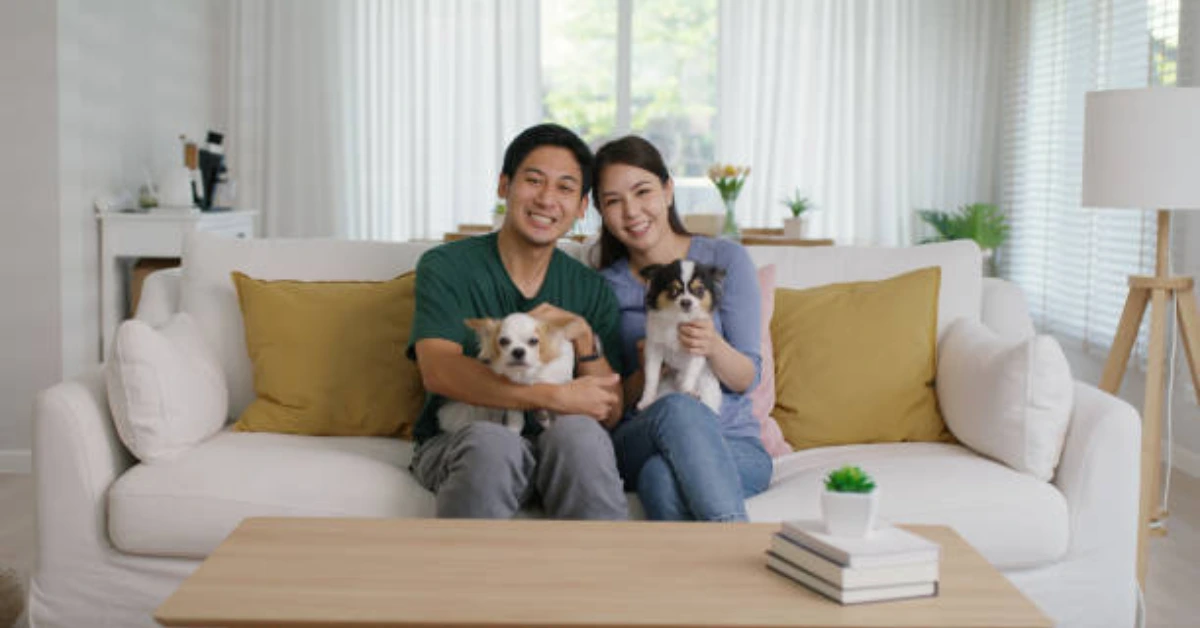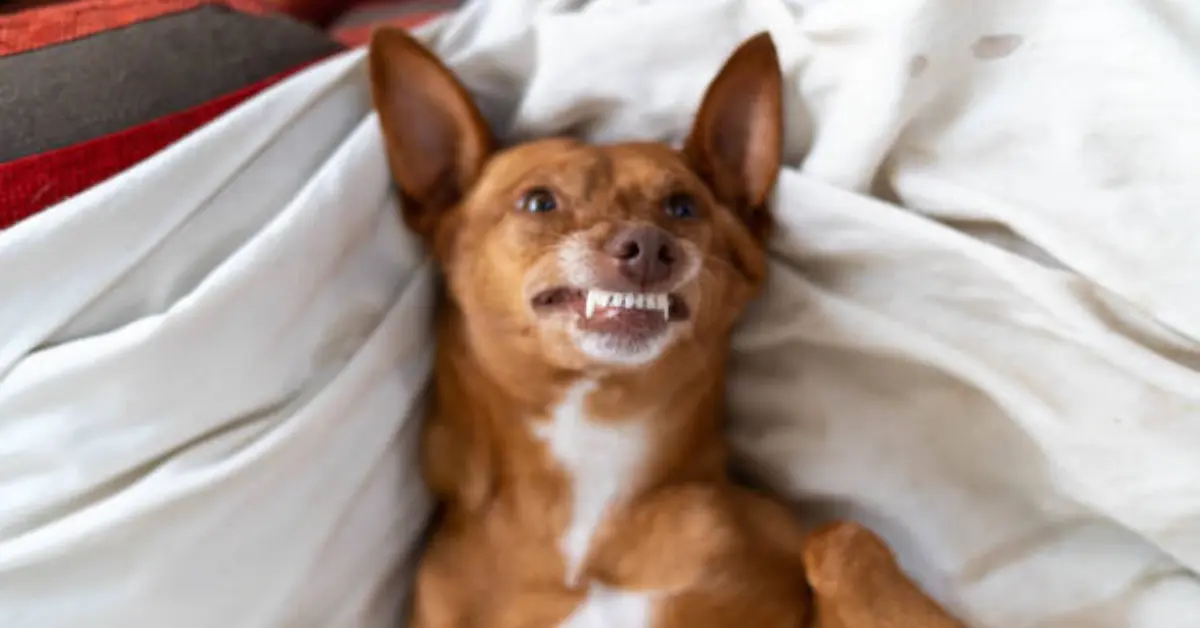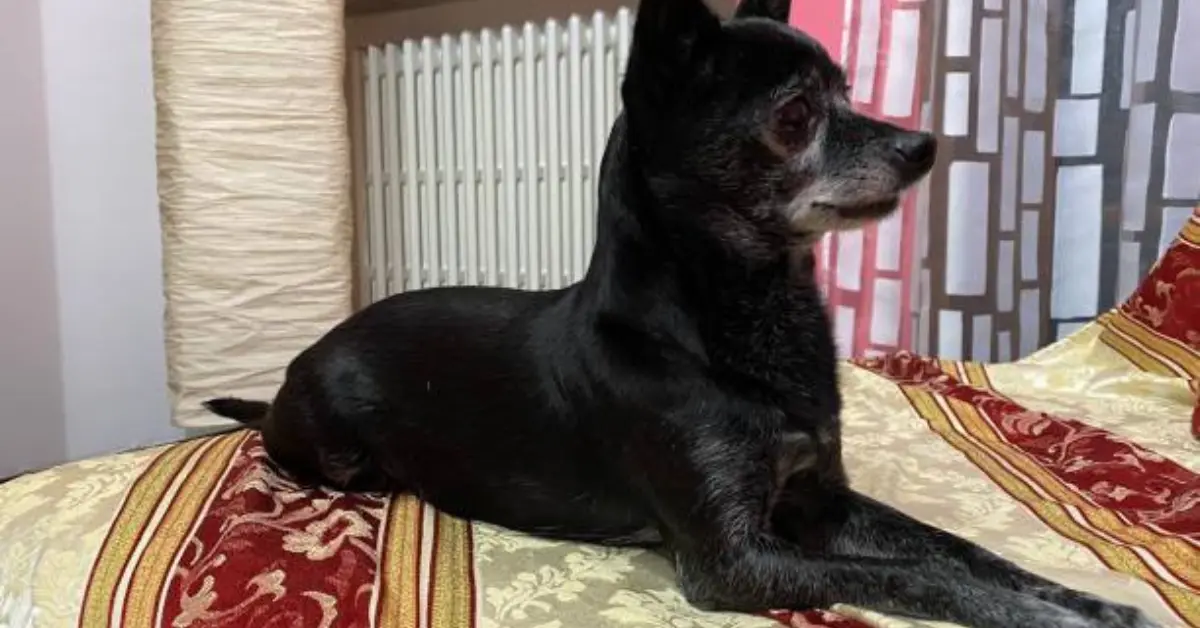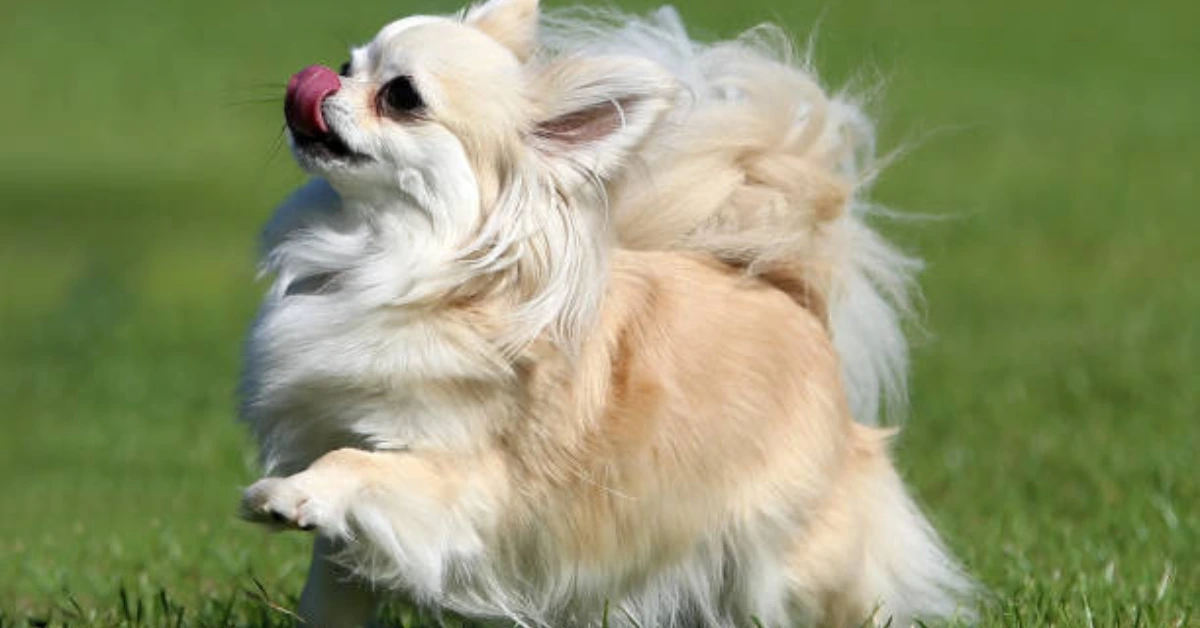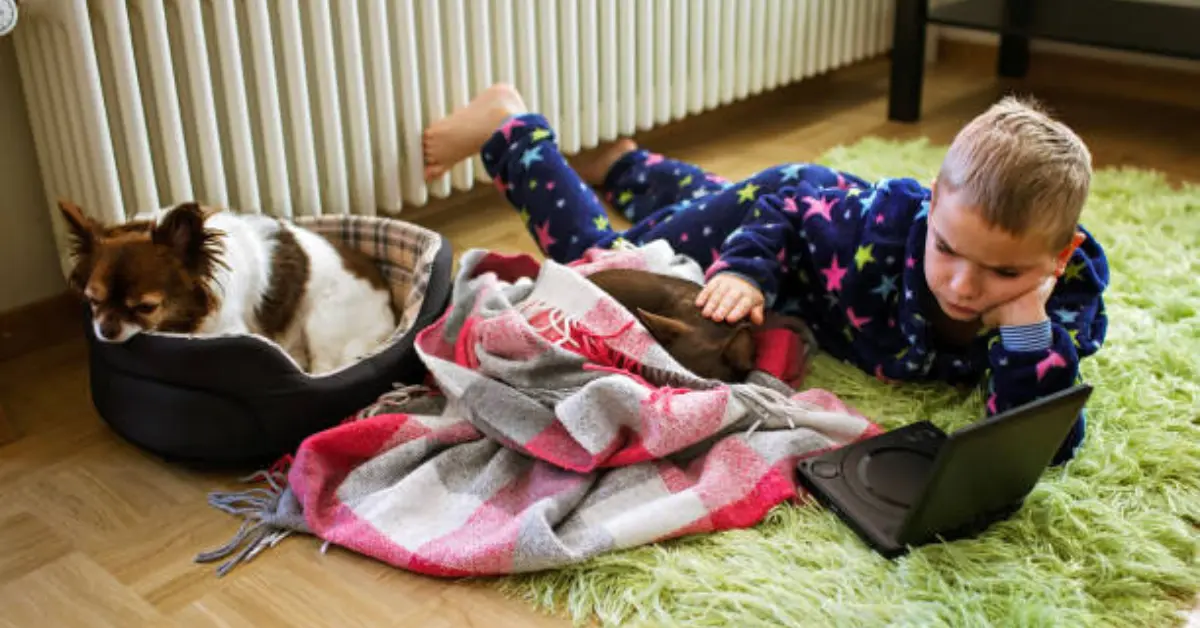The Short-Haired Chihuahua is the most common type of Chihuahua. In modern society, it is seen as a sign of friendship, loyalty, and cleverness. Because of TV cartoons and ads, this breed has become one of the most well-known dogs in the world.
Short-Haired Chihuahua Appearance
These tiny dogs have a certain look, attitude, lifespan, health problems, and length of coat.
Advertisement
Short-haired Chihuahuas are known for how cute and different they look. Most of these tiny puppies only weigh a few pounds, which makes them great for people who want a small pet.
The Short-Haired Chihuahua is different from the Long-Haired Chihuahua because its head is shaped like a deer’s. This makes them look more sharp and slim, which adds to their total beauty.
It’s no wonder that this breed has won the hearts of so many dog fans. They have big, expressive eyes and sweet faces.
Color
These short-haired Chihuahuas can be almost any color, from dark chocolate to snow white. Some even have unique designs like spots or lines!
Short-haired Chihuahuas are sure to win your heart with their small size and big personalities, no matter if you want a solid-colored puppy or one with more than one color.
Short-Haired Chihuahua Temperament
Little Hair Even though Chihuahuas are small, they have big personalities. These little dogs are known for being brave and having strong personalities. Even though they are small, they are very active and love to play.
They make great watchdogs because they are always alert and ready to protect their masters. Short-haired Chihuahuas can be stubborn and need firm training, but they can be well-behaved and obedient with care and consistency.
They are also known for being friendly, and they often sleep close to the people who care for them. Overall, Short-Hair Chihuahuas are small dogs, but they have big personalities that make them popular pets.
Short-Haired Chihuahua Health
Short-Haired Chihuahuas can live between 12 and 20 years on average if they are well taken care of. This lifespan is, of course, also affected by things like food, exercise, genetics, and general health care.
Little Hair Chihuahuas often have problems like tooth problems, heart problems, and seizures.
Their small size and delicate features make them more likely to have teeth problems, which can cause serious health problems if they aren’t taken care of.
Dental Issues
Little Hair Chihuahuas often get gum disease, lose teeth, or have them get sick. So, it’s important for owners to keep a close eye on their Chihuahua’s dental health by brushing their teeth often and taking them to the vet for regular checkups.
Eye Problems
Because Short-Hair Chihuahuas have big eyes, they are more likely to get dry eyes, cataracts, and glaucoma. If these problems aren’t fixed, they can cause pain, eye loss, and even blindness.
Heart Disease
Chihuahuas often get heart disease, and Short-Haired Chihuahuas are especially likely to get it.
Due to their small size, these dogs’ hearts already have to work hard, so it’s important to watch for signs of heart disease like coughing, tiredness, and trouble breathing.
Collapsed Trachea
This happens when the cartilage rings in the trachea get weaker, which makes the airway smaller and makes it hard for the dog to breathe.
Short-Haired Chihuahuas with tracheas that have closed may cough, wheeze, and even pass out.
Patellar Luxation
This disease affects the kneecap, which can make your beloved pet limp and feel bad. Patellar luxation can happen to any dog, even the Short-Haired Chihuahua, which is known for being tough and full of life.
Short-Haired Chihuahua Care
More than just giving your Short-Hair Chihuahua lots of love and affection for proper care. The general well-being and contentment of your pet demand your attention.
Training
Short-haired Chihuahuas are excellent candidates for training since they are eager to please and quick learners. It’s crucial to keep in mind that, like other dogs, your Short-haired Chihuahua will need patience and consistency to learn new tasks.
Techniques for providing positive reinforcement, such as praise and sweets, might be beneficial during the training process. In short order, your Short-haired Chihuahua will quickly develop into a submissive and well-mannered friend with lots of affection and loyalty.
Exercise
These Short-haired Chihuahuas don’t need a lot of room, but exercise is essential to their health. Since they have a busy lifestyle, you should be prepared to keep up with them. They are rather lively.
They adore playing and sprinting around with their owners. Frequent exercise will keep your Short-Hair Chihuahua from being bored and will provide them the required mental and physical stimulation.
Diet
It’s important to feed Short-Hair Chihuahuas a diet low in carbohydrates, high in protein, and free of artificial additives and fillers that could upset their sensitive digestive systems.
You can maintain your Short-Hair Chihuahua’s health and happiness by feeding them a balanced diet that includes lean meats like boiled chicken or fish, as well as some fruits and vegetables.
Grooming
Proper grooming is an essential component of training your Short-Hair Chihuahua. For owners looking for a low-maintenance dog, short-hair chihuahuas are the perfect choice because of their sleek coats that require little care.
They simply require a weekly brushing and an occasional bath every few months. Frequent brushing will help eliminate stray hair and assist spread of natural oils throughout the coat.
Shedding
If you’ve ever thought about getting a Chihuahua, you may have thought about shedding. Even though all dogs shed, Short-Hair Chihuahuas tend to shed less than their long-haired peers.
But it’s important to remember that no dog is truly hypoallergenic, so if you have allergies, it’s always best to spend some time with the dog you’re thinking about getting before making a final choice.
Socializing
Even while short-hair chihuahuas are lovely and endearing, they can nevertheless be bashful and hesitant around other dogs and people. It’s crucial to expose your Short-Hair Chihuahua to a variety of settings and circumstances from an early age in order to guarantee that they grow up to be confident, well-adjusted adults.
A gradual approach to socialization should begin with well-known family members and pets before moving on to unfamiliar settings and other animals.
Your Short-Hair Chihuahua can develop into a content and well-mannered friend who enjoys nothing more than spending time with their loved ones if you are patient and consistent with them.
YOU CAN LEARN MORE ABOUT: How to Socialize Your Chihuahua Puppy
Where And How To Find A Short-Haired Chihuahua
Breeders
Once you’ve decided you want a Short-Hair Chihuahua, it’s important to discover a reliable breeder. Since it’s difficult to raise healthy Chihuahuas, a reputable breeder can provide you with more than just a puppy—they can also provide you with helpful advice and information about dog care.
You can locate a breeder who specializes in this specific breed and is committed to producing healthy puppies with ease if you do some research. But before making a final choice, go with caution and properly investigate any possible breeders, as you would with any purchase.
You’ll soon be able to welcome your new furry family member into your house with a little perseverance and hard work!
Rescue
Why not think about getting a Chihuahua with short hair? Although purchasing a puppy from a breeder may seem like the best option, there are several advantages to adopting or rescuing a dog instead.
You not only get to give a needy dog a loving home, but you also get to feel good about yourself because you’ve contributed to the decrease in the number of animals in shelters.
If you are persistent and patient, you will locate the ideal Short-haired Chihuahua to add to your family.
YOU MAY ALSO LIKE:
Deer-Head Chihuahua: A Breed Complete Guide
Apple-Head Chihuahua: A Breed Complete Guide
Pear-Head Chihuahua- A Breed Complete Guide
Advertisement

